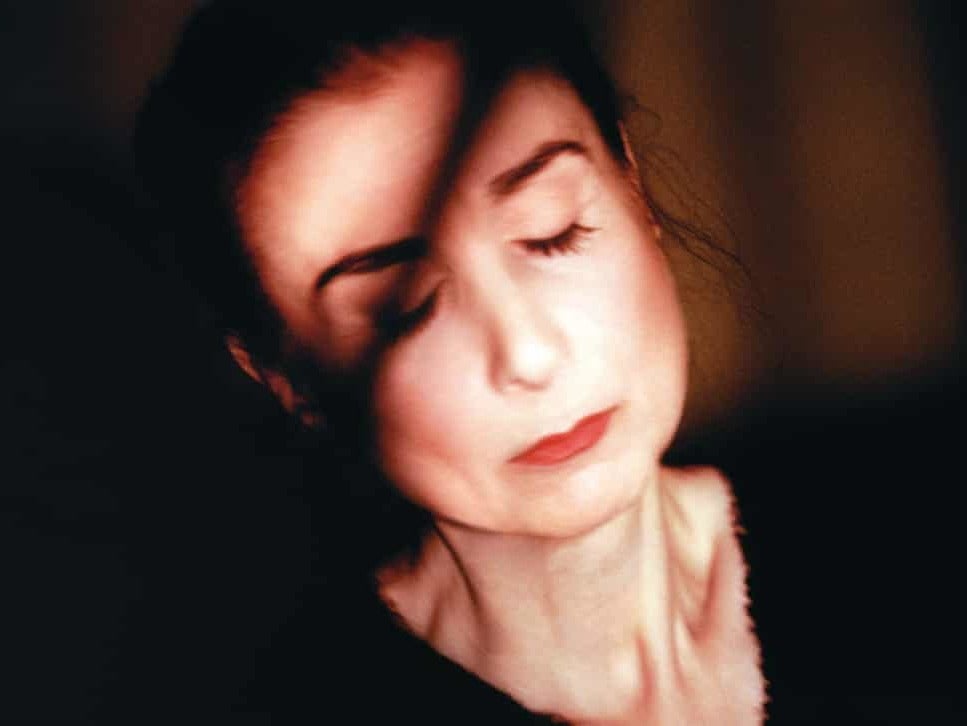Nelly Akopian-Tamarina performs Brahms: Handel Variations Opus 24; Ballades Opus 10 – review
This fine Russian pianist spent a long time in the shadows after her brilliant early success

Your support helps us to tell the story
From reproductive rights to climate change to Big Tech, The Independent is on the ground when the story is developing. Whether it's investigating the financials of Elon Musk's pro-Trump PAC or producing our latest documentary, 'The A Word', which shines a light on the American women fighting for reproductive rights, we know how important it is to parse out the facts from the messaging.
At such a critical moment in US history, we need reporters on the ground. Your donation allows us to keep sending journalists to speak to both sides of the story.
The Independent is trusted by Americans across the entire political spectrum. And unlike many other quality news outlets, we choose not to lock Americans out of our reporting and analysis with paywalls. We believe quality journalism should be available to everyone, paid for by those who can afford it.
Your support makes all the difference.One of the musical disappointments of 2019 was Nelly Akopian-Tamarina’s cancellation due to injury of her long-awaited comeback recital at the Southbank Centre.
This fine Russian pianist had spent a long time in the shadows after her brilliant early success – winning the gold medal in the Zwickau Robert Schumann competition at 19 and becoming one of the brightest hopes of Soviet pianism.
What did for her career was her sister marrying a Jewish man and emigrating to the West. As a result, Akopian-Tamarina’s career was blocked by the censors, who prevented her performing at all; silenced in her prime, she turned to painting instead.
Moving to the West herself, Akopian-Tamarina carved out a niche as a recitalist and won a devoted following, but her discography has remained very small.
This recording of her Brahms was made at Snape Maltings in 1996, and it’s a revelation: I’ve never heard Brahms’s Handel Variations played like this.
The music seems to come from a distant place and time, but it draws us in with the most heart-warming immediacy. It’s partly the singing line and the pearlised glow she puts on the notes, and partly the fact that she lets each variation unfold in a natural and unhurried way, as though she and we have all the time in the world.
When the score calls for lyricism she finds a caressing tone, and when it demands assertiveness she’s absolutely there, but the drama is largely internalised until the towering fugue at the close.
Her playing of the Ballades, with their reflection of Schumann’s influence writ large, is intensely poetic, amply justifying the analogy with the seasons which she draws in her liner-note.
Join our commenting forum
Join thought-provoking conversations, follow other Independent readers and see their replies
Comments